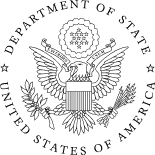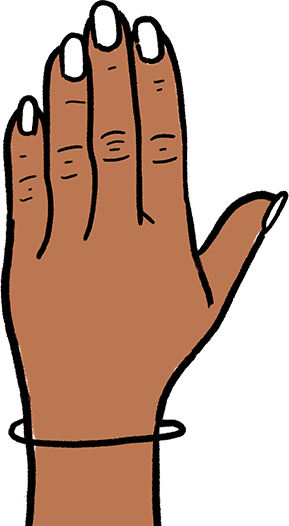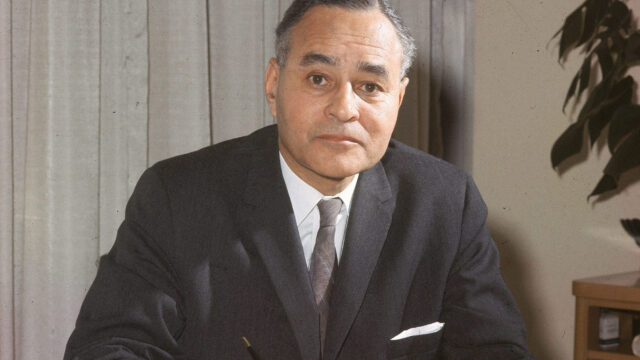Story of Diplomacy
A Hero of U.S. Diplomacy: Dr. Ralph J. Bunche (1904-1971)
During World War II, Bunche served in the Office of Strategic Services before transferring to the State Department, becoming the first African American Desk Officer. He was soon promoted and played a major role in the formation of the United Nations, joining its staff in 1946. Bunche became UN Undersecretary-General for Special Political Affairs in 1955 and focused on decolonization and human rights issues.



